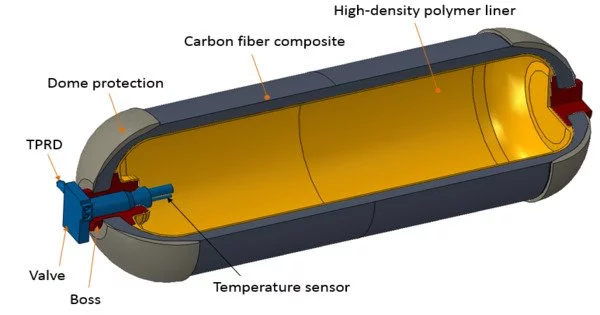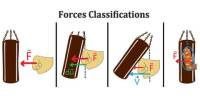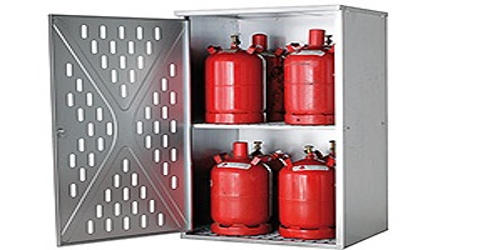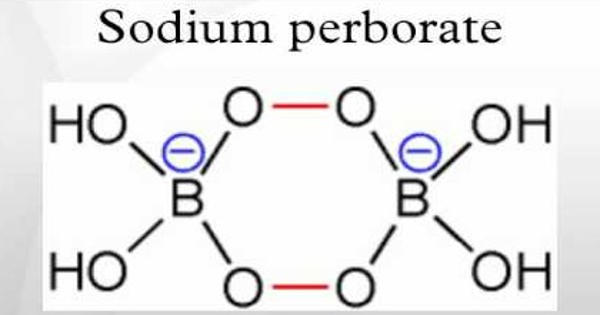Compressed hydrogen is a form of hydrogen storage that involves compressing hydrogen gas to high pressures for storage and transportation. The pressure required for compressed hydrogen storage is typically around 700 bar (10,000 psi) or higher. Compressed hydrogen (CH2, CGH2 or CGH2) is the pressurized gaseous state of the element hydrogen. For mobile hydrogen storage in hydrogen vehicles, compressed hydrogen in hydrogen tanks at 350 bar (5,000 psi) and 700 bar (10,000 psi) is used. It is a type of fuel gas.
Compressed hydrogen (CGH2, CH2 or CGH2) is gaseous hydrogen kept under pressure, typically between 350 and 700 bar (5,000 and 5,000 psi) (10,000 psi). This substance thus simplifies the issue of storing hydrogen, as this element has an extremely low density in its gaseous state, which meant tank sizes had to be enormous, posing both logistical and safety issues. Cryo compressed hydrogen, on the other hand, is kept at cryogenic (-150o) temperatures and has a higher hydrogen density, expanding storage possibilities.
Infrastructure
Compressed hydrogen is used in hydrogen pipeline transport and in compressed hydrogen tube trailer transport.
Compressed hydrogen is at the heart of a revolution that is sweeping the transportation industry and other sectors. However, one of the major barriers to this development has long been a lack of storage solutions for this substance and cryo hydrogen. Access to an efficient cryo compressed hydrogen tank is thus the key to unlocking developments in this substance, such as the possibility of carbon neutrality through greener transportation and hydrogen-based fuel options.
Uses
Compressed hydrogen is often used as a fuel for fuel cell vehicles, where it is stored onboard the vehicle in high-pressure tanks. When the hydrogen is needed for use in the fuel cell, it is released from the tank and fed into the fuel cell, where it reacts with oxygen to produce electricity, with water being the only byproduct.
Storage
Compressed hydrogen storage has several advantages, including high energy density, low weight, and the ability to refuel quickly. However, it also has some challenges, including the need for high-pressure storage tanks, which can be expensive and heavy, and the potential safety risks associated with storing and handling high-pressure hydrogen gas.
While storing hydrogen has always represented a challenge, the discovery of efficient methods for it is boosting the so-called “hydrogen economy”. In fact, a variety of options are being researched today in order to find the best one. At this point, physical storage of compressed hydrogen in tanks stands out as a technology that enables onboard automotive storage. Pressures in this area remain between 350 and 700 bar (5,000 and 10,000 psi).
Overall, compressed hydrogen is a promising technology for clean energy storage and transportation, but it will require continued research and development to make it more practical and cost-effective.
















